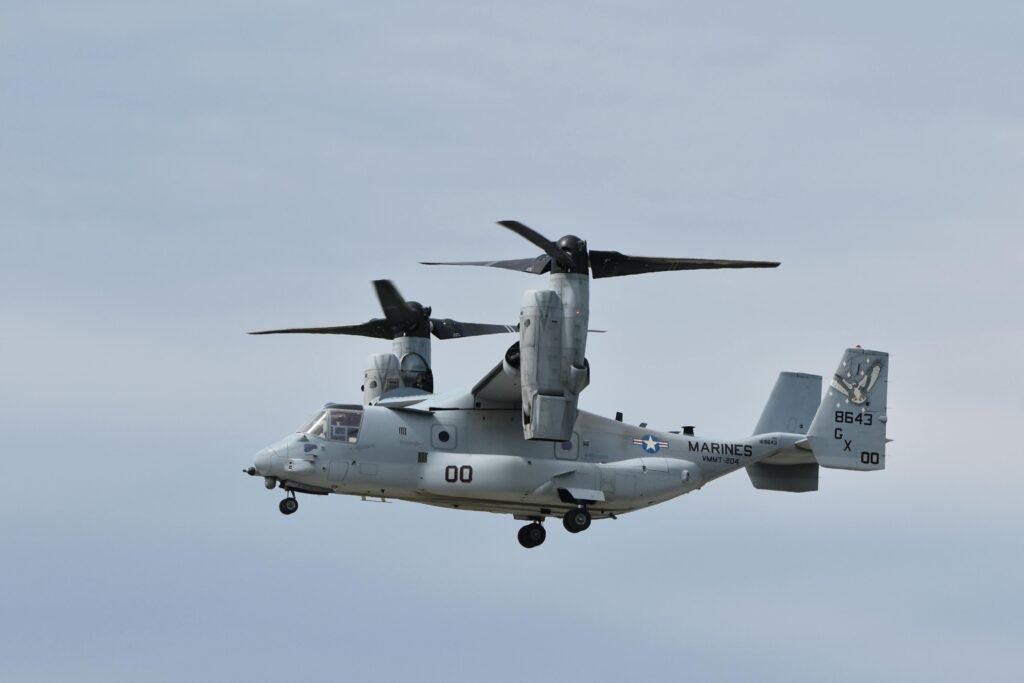🚁 How Helicopters Work: 7 Powerful Basics Every Beginner Must Know
Helicopters are marvels of engineering — flying machines capable of vertical lift, hovering, and agile maneuvering that planes simply can’t match. If you’ve ever looked up in awe and wondered how helicopters work, this beginner’s guide will break it down for you step-by-step.
At DreamSafar.in, we love making the magic of flight accessible to everyone. Let’s dive into the 7 powerful basics that every beginner must know about how helicopters work!
🚁 1. The Magic of Lift – How Helicopters Get Off the Ground
Key Points:
-
Helicopters lift off using rotor blades that spin and create lift, much like airplane wings.
-
The main rotor forces air downward, pushing the helicopter upward (Newton’s Third Law).
-
Blade pitch angle changes lift: flatter blades for less lift, steeper blades for more lift.
💡 Think of helicopter blades as rotating wings slicing through the air!
🚁 2. Main Rotor and Tail Rotor – A Team Effort
Key Points:
-
The main rotor lifts the helicopter.
-
The tail rotor prevents the body from spinning uncontrollably.
-
The pilot uses pedals to adjust the tail rotor thrust and maintain direction.
💡 Without the tail rotor, the helicopter would spin wildly due to torque forces!
🚁 3. The Swashplate Mechanism – Controlling the Blades
Key Points:
-
The swashplate is a clever mechanical system that controls blade angles.
-
Pilots can tilt the swashplate to pitch the helicopter forward, backward, or sideways.
-
Collective pitch lifts the entire helicopter, while cyclic pitch tilts it in a specific direction.
💡 The swashplate is the “magic trick” behind helicopter movement!
🚁 4. Hovering – Balancing All Forces
Key Points:
-
Hovering requires precise control of rotor speed, blade angle, and body position.
-
Pilots constantly adjust the cyclic, collective, and pedals to stay perfectly still.
-
Wind gusts, air pressure, and pilot inputs all affect hovering.
💡 Hovering is like balancing a broomstick on your finger — but 1,000 times harder!
🚁 5. Forward Flight – How Helicopters Move Ahead
Key Points:
-
The pilot tilts the cyclic control stick forward.
-
This tilts the rotor disk slightly forward, causing the helicopter to move ahead.
-
The tail rotor adjusts to maintain balance and heading.
💡 Flying forward in a helicopter is about redirecting lift into horizontal motion!
🚁 6. Autorotation – Emergency Landings Without Engine Power
Key Points:
-
In case of engine failure, helicopters can glide downward safely using autorotation.
-
Rotor blades continue spinning due to upward airflow as the helicopter descends.
-
Pilots manage blade pitch and descent rate for a controlled landing.
💡 Autorotation is why helicopters are remarkably safe even in engine failure scenarios.
🚁 7. Key Components of a Helicopter
Important parts you should know:
-
Main Rotor Blades – Generate lift
-
Tail Rotor – Controls yaw (rotation)
-
Swashplate – Controls blade pitch angles
-
Engine – Powers the rotors (jet turbine or piston engine)
-
Fuselage – Body of the helicopter
-
Landing Skids/Wheels – For ground operations
💡 Each part works in harmony to keep the helicopter stable, steerable, and safe!
📊 Quick Overview: Helicopter Flight Basics
| Component | Function |
|---|---|
| Main Rotor | Creates lift and thrust |
| Tail Rotor | Counteracts main rotor torque |
| Collective Control | Changes all blade angles equally |
| Cyclic Control | Tilts rotor disc for movement |
| Swashplate | Transmits pilot commands to blades |
🔗 Useful Links
❓ FAQ – How Helicopters Work: A Beginner’s Guide
Q1. How do helicopters stay in the air?
A: Helicopters generate lift by spinning their rotor blades, forcing air downward and lifting the aircraft upward.
Q2. What stops a helicopter from spinning out of control?
A: The tail rotor counters the torque created by the main rotor, stabilizing the helicopter’s body.
Q3. Can helicopters fly without an engine?
A: Yes! In an emergency, helicopters descend safely using a technique called autorotation.
Q4. What makes helicopters different from airplanes?
A: Helicopters can hover, take off vertically, and move in any direction without needing a runway.
Q5. Does DreamSafar.in offer beginner helicopter flight experiences?
A: DreamSafar.in specializes in luxury helicopter tours, offering amazing experiences that showcase the wonders of helicopter flight!
🏷️ Tags
How Helicopters Work Beginner Guide, DreamSafar, Helicopter Basics, Helicopter Flight Principles, Beginner Aviation Guide, Learn Helicopter Flying, Helicopter Physics Explained
📢 Call to Action
🚁 Dreaming of flying like a pro?
Unlock the wonders of aviation with DreamSafar.in — your trusted partner for helicopter adventures, luxury sky tours, and aviation education!
📞 Contact us now or Book Your Dream Helicopter Ride


